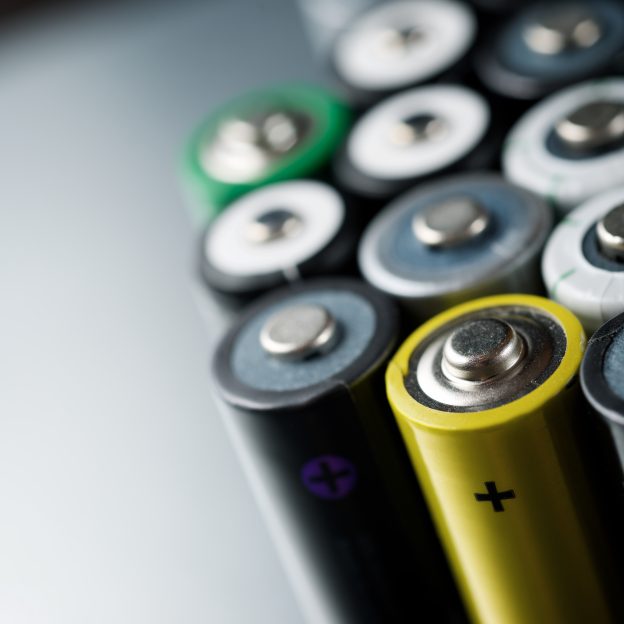
Taiwan’s public utility Taipower said on July 8 that the government’s plan to install new air conditioners in public schools on the island will not cause a noticeable tightening of the overall electricity supply. This statement came a day after Premier Su Tseng-chang announced that all public learning institutions in Taiwan (including elementary schools, middle schools, high schools, and vocational high schools) will be equipped with air conditioners for every classroom. Some schools will also have their older air conditioners replaced. The government’s plan calls for installing around 150,000 units of air conditioning systems.
Based on Taipower’s calculation, the additional demand will account for around 300MW of the island’s overall electricity generation, which has already surpassed 40GW. Also, Taipower is maintaining an operating reserve of more than 10% this year. Given that the highest daily electricity demand has recently reached 37.169GW, an approximately 0.8 percentage point of the operating reserve will be allocated to air conditioners in public schools. On the whole, the government’s scheme to relieve students from summer heatwaves is expected to take up just a small fraction of the island’s overall electricity supply and have no tangible impact on grid stability.
According to Taipower, Taiwan’s recent investments in solar PV will offset the power consumption related to the use of air conditioners across the island. The utility pointed out that the increase in PV generation positively correlates to the increase in demand for air conditioning. The reason is that the power output of PV systems goes up with the rising intensity of solar irradiation during the summer months. Taipower’s data show that PV installations in Taiwan produced almost 4,000GWh of electricity in 2019. Furthermore, the island’s total PV generation capacity now exceeds 4.6GW, which should be more than enough to meet the additional demand created by the installations of new air conditioners in primary and secondary schools. At the same time, Taiwan’s PV installations are projected to grow by around 2.2GW annually. This, in turn, will contribute significantly to the island’s renewable electricity supply.
To implement this plan that was developed by the Executive Yuan of Taiwan’s government, Taipower has already formed a unit dedicated to improving the electric power systems of school campuses. This unit will first strengthen the surrounding power lines and distribution equipment that feed electricity into campuses and then assist with the safety inspections of the electrical wiring inside school buildings. Other services that the unit will be providing include performing an energy audit, establishing the optimal contract capacity, and recommending energy-saving measures relating to all aspects of campus operations (e.g., installations of air conditioners, building insulation, and maintenance of the electric power system).
Besides all these, Taipower will be supporting the initiatives of individual schools in setting up rooftop solar panels and promoting smart energy policies. The ultimate goal is to provide a cool and comfortable learning environment for students during the summer season while ensuring their campuses are up to standards for energy efficiency and electrical safety.
(News source: TechNews. Photo credit: Unsplash.)







